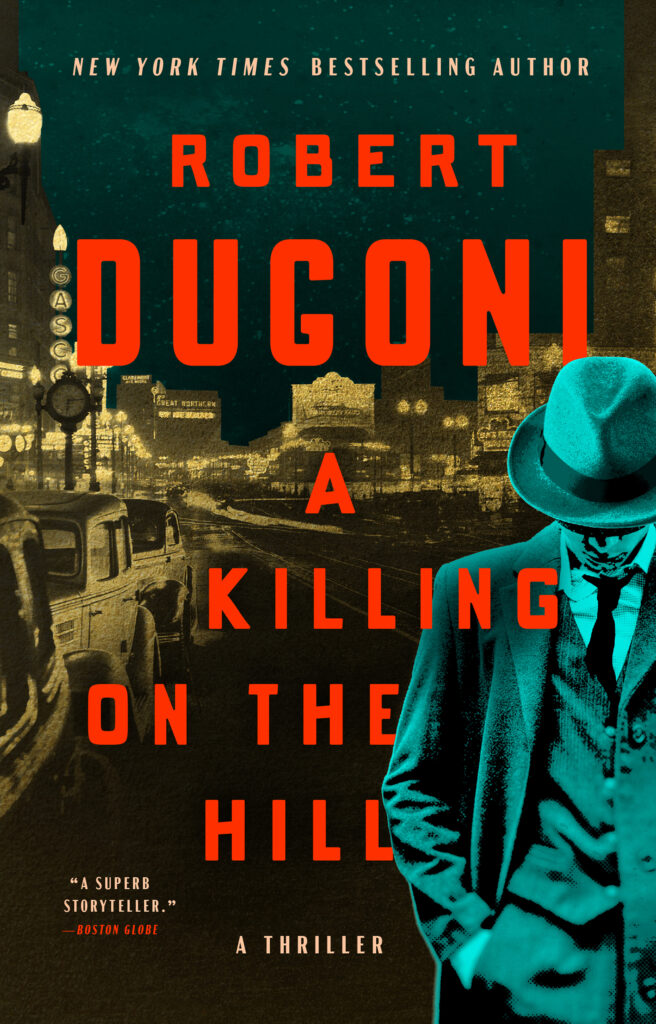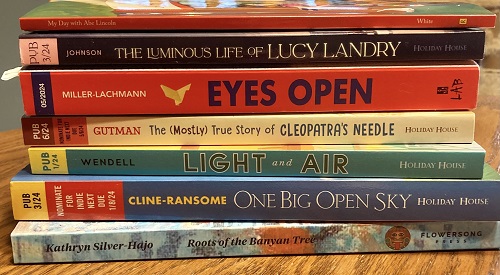Grant
Grant joins Ev Ehrlich’s Grant Speaks and Richard Parry’s That Fateful Lightning (see Review 13) as novels concerning the life and especially the last days of Ulysses S. Grant. Byrd’s novel opens with Grant soliciting a draft for a third term as President after having given up the office four years before. It is a reminder that Presidential politics were once conducted on a smaller and more personal stage with party bosses and personal intrigue playing a greater role than media buys and consultants’ plans.
Other historical characters such as Mark Twain, William Sherman, and Henry and Clover Adams force Grant off stage, all making appearances which fashion a portrait of Washington society in the so-called Gilded Age. One subplot concerns the identity of the anonymous Democracy, a roman à clef about Washington politicians and those close to them, showing that some things remain the same. Ubiquitous corruption coexists with the shadow of heroism cast by the Civil War, fought a generation before but remembered in daily life.
The missing arm of the principal invented character, Nicholas Trist Jr., brings the reality of the war into every scene in which it figures. Trist’s service under Grant at Cold Harbor recalls the side of the general which caused his detractors to call him a butcher. Trist’s dalliance with Senator Don Cameron’s wife, which we are told is based on an affair she had with a real-life poet, provides the most detailed running motif. Other plot threads such as Clover Adams’ suicide and Mark Twain’s failing publishing business come from well-recorded historical events.
Byrd has an ear for the dignified language of the late nineteenth century, both in the dialogue and the supporting prose. Perhaps the richest writing occurs in excerpts from the fictional “Secret Life of Ulysses S. Grant,” supposedly written by the contemporary Sylvester Cadwallader. Sections from Trist’s journal carry the parts of the plot which concern the political milieu in which Grant operates, or more accurately is operated upon.
Civil War buffs will have to content themselves with brief and impressionistic reconstructions of that aspect of Grant’s career, and there is little about his presidency. However the novel reasonably represents its chosen period and tells its own story in a way likely to hold the modern reader’s interest.










